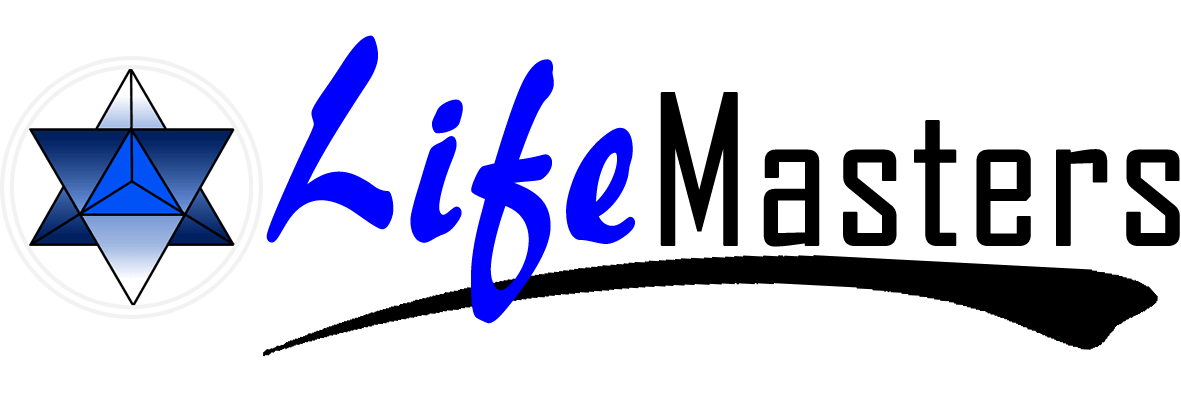Want Free Appreciative Inquiry High Performance Teams Team Building Tips?
Real life-changing workplace Team Transformation with Appreciative Workplace Team Building Activities Ideas
When ever people get together in a Team or group, there are always invisible dynamics at work.
These will include a persons’ internal dynamics” and invisible mind chatter” – that the person goes through as they begin to participate with others.
In many instances most people are too timid or nervous to speak up in a new group setting and so they will run numerous internal mental programmes or dialogues, in order to manage their feelings, emotions, moods and interaction with the group.
Here are some questions new team members often ask themselves at team building events…
- Will I be accepted or rejected here?
- How will this group be different from my daily interactions?
- What exactly will theses sessions be like?
- What risks will I take in here?
- How am I like other people here? Different?
- Will I feel pressured and pushed to perform in some way?
- How important will I be?
- Who will be the real leaders here? What can be achieved here?
Concerns and Fears in Group Dynamics and Teams
- I’m afraid I’ll look stupid.
- Will I tell too much about myself?
- Will others like me?
- What if I find out what I’m really like?
- What if everyone rejects me?
- What if the group attacks me?
- I’m afraid I’ll be withdrawn and passive.
- What will happen if I really open up my feeling?
- Will I embarrass myself?
- What if I’m asked to do something I don’t want to do?
- What if others can tell I’m afraid and nervous?
- What if I find out things about myself that I can’t cope with?
Characteristics of Initial Stage of Confidence Building
- Silence and awkwardness.
- High anxiety.
- Impatience to “get the ball rolling”.
- Confusion about what everybody is supposed to be doing.
- Storytelling, a tendency to talk about others and focus on people and situations outside of the group.
- Central issue is trust vs. mistrust.
- Testing of each other and the leaders.
- Requests for greater leader involvement.
- Cocktail conversations, safe levels of conversation.
- Vying for informal leadership.
Some Ways to Start positive Group Sessions
Go around the room and have each member state what he/she wants from the upcoming session.
As leaders, share your thoughts about where the group is at, how it is progressing, ways the group might be getting stuck, etc.
Ask members if they have any unresolved feelings or thoughts about the previous session: “Did anyone have any after thoughts or leftover feelings about last week’s session?”
Ask, “How is each of you feeling about being here today?”
Have each member complete the sentence, “Today I’d like to get actively involved by”
Announce, “As a way of beginning tonight, let;s have a brief go-around and have each of you say what you’d most like to be able to say by the end of this session.”
Inquire of each member: “what were you thinking and feeling before coming to the group today?” or “Whom (or what) are you most aware of in this room right now, and why?”
Some Ways to End a Group Session or Team Building day on a positive high
Ask members to tell the group briefly what they learned about themselves through their relationships with other members in that particular session.
Ask, “What was it like for you to be in this group today?”
“Let’s do a quick go-around and have everyone say a few words on how the group is progressing so far and make any suggestions for change.”
“Before we close, I’d like to share with you some of my reactions and observations of this session.”
Ask if anybody has any feedback that they would like to give another member or the leaders.
Determine if here are any issues that members would like to return to or explore in the next session.
Planning a group – Practical Considerations for Effective Team Building Events
- What is the purpose of the group?
- What are the specific goals of the group?
- What type of group will this be?
- What theory will guide the group?
- What specific techniques and strategies will be used?
- Can I develop a session-by-session plan?
- What therapeutic factors will be emphasized?
- To what degree will sessions be structured?
- How will I market the group? Obtain referrals?
- What will be the cost of the group?
- How will I screen/evaluate potential members?
- What are the criteria for inclusion/exclusion?
- Where will the group meet? What props do I need?
- What will be the duration and frequency of meetings?
- How many people will participate in the group?
- Will the group be open or closed?
- How many sessions will the group meet?
- Will I use a co-leader? Who?
- What will be the group rules? How will these be conveyed?
- How will I prepare participants for the group?
- What problems can I expect to run into, and how will I deal with those?
- How will I handle dropouts?
- Under what circumstances will I remove a member from the group?
- What paperwork/documentation will be required?
- How will I assess outcomes of the group?
Source: Center for Service and Leadership
Namaste’
Tony Dovale
SA’s #1 Energy Coach & REAL Team Building Alchemist
Cell 083-447-6300
v2019.11.23a
